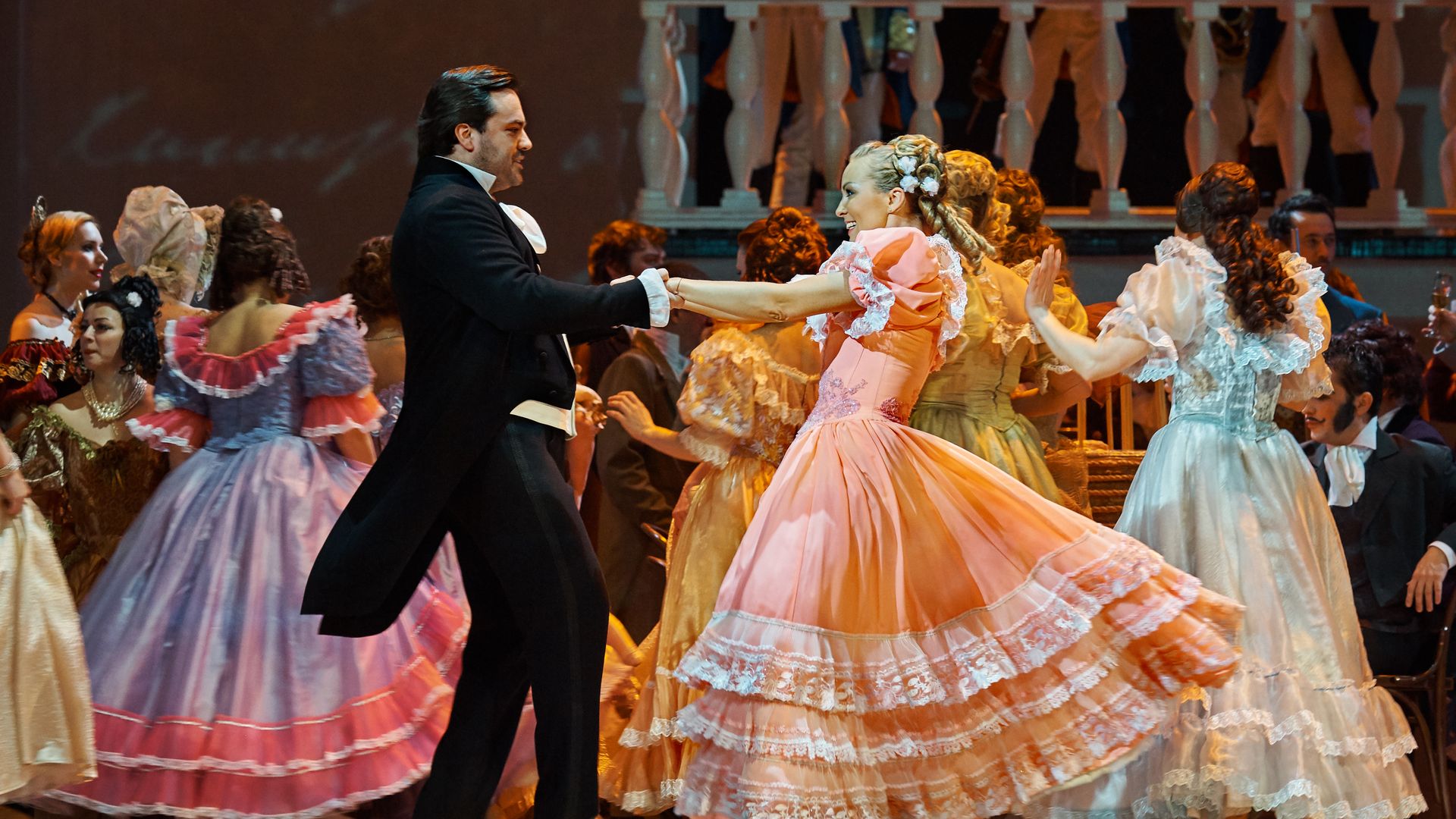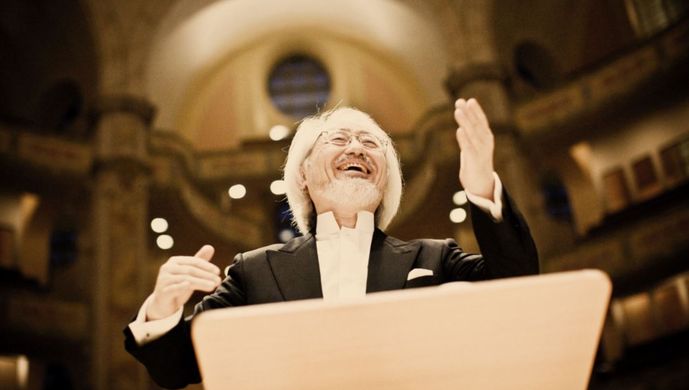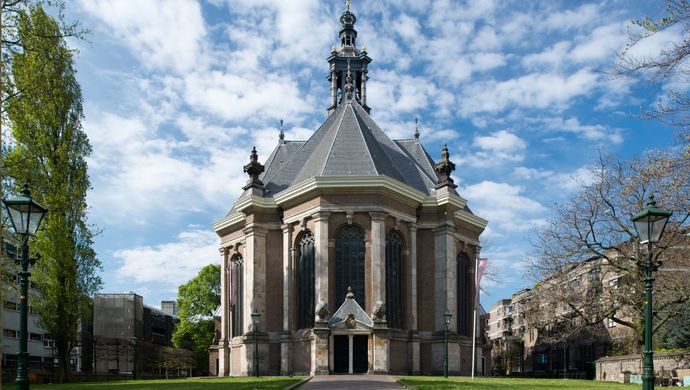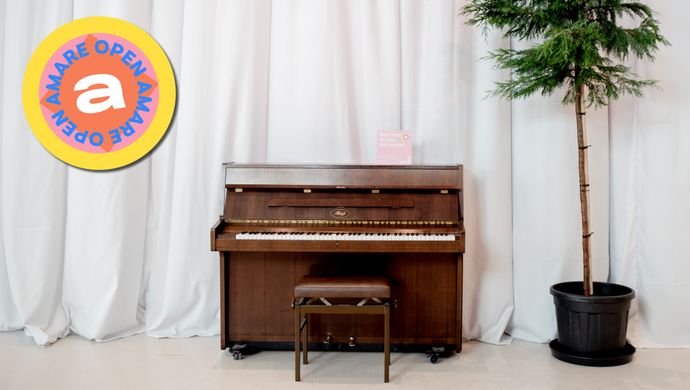
A brief history of opera
25 October 2022, article, text: Luc den Bakker
Immensely overweight sopranos gesticulating wildly as they shatter wineglasses with sheer vocal power: when it comes to opera, the stereotypes are larger than life. Many also find its pompous and elitist character off-putting, which is a pity: once you get past your initial scepticism, you’ll find a magical world just waiting to be discovered. A world with a rich history, and a rich variety of styles.
A brief history of the opera
It all began during the Italian Renaissance, when composers sought to revitalise Ancient Greek dramas by rewriting them for musical accompaniment. The oldest opera in existence, Monteverdi’s Orfeo, was a big success that soon saw the new phenomenon spread far beyond Italy’s borders. Operas were composed in English, German and French, with ever more varied subject matter: anyone who believes that opera only ever deals in heroes and demi-gods would do well to look up Mozart’s light-hearted farce Così fan Tutte, a story about two couples who test each other’s fidelity. Not to mention his fantastically imaginative The Magic Flute.
The nineteenth century marked the golden age of opera, with Verdi and Wagner as the titans of the genre. Verdi represented the epitome of an old Italian tradition; Wagner was the great German innovator. This did create one problem for subsequent generations, however, because how could they ever escape the shadow of their illustrious predecessors?
A young compatriot of Wagner’s, Humperdinck, found a solution to that quandary: instead of transcribing grand myths and ancient sagas into musical form like Wagner did, he took inspiration from the folk tales that German parents told their children. Fairy tales, in other words. His Hansel and Gretel in particular was a real crowd-pleaser.
After that, it was not long until the people of Italy decided that they, too, were tired of stories about gods and heroes. The new generation of Italian composers obliged by writing operas about everyday affairs, a genre that became known as verismo, or “truth.” The most distinguished composer of this tradition, and possibly the most popular opera composer of all time, was Puccini. His Madame Butterfly tells the tale of a Japanese courtesan whose heart is broken by her American husband, loosely based on a true story.
Opera in Amare
At Amare, we take pride in the opera productions we present. Few to no other concert halls in the Netherlands have a schedule as rich in operas as ours – not just in number, but also in variety. In other words: Amare is a great place for your first opera experience!
Opera in Amare
-
TicketsTue 10 Jun ’2519:45
-
-
Wed 25 Jun ’2519:30Conservatoriumzaal
-
Thu 26 Jun ’2519:30Conservatoriumzaal
-
Sat 28 Jun ’2519:30Conservatoriumzaal
-
Sun 29 Jun ’2514:15Conservatoriumzaal
-
-
Dates & timesWed 3 Sep ’25-Sun 14 Sep ’25
-
Wed 3 Sep ’2519:30VoorpremièreDanstheater
-
Thu 4 Sep ’2519:30PremièreDanstheater
-
Wed 10 Sep ’2519:30Danstheater
-
Thu 11 Sep ’2519:30Danstheater
-
Sat 13 Sep ’2519:30Danstheater
-
Sun 14 Sep ’2514:00Danstheater
-
-
TicketsThu 27 Nov ’2519:45
-
TicketsSat 24 Jan ’2619:45
-
TicketsTue 2 Jun ’2619:45




